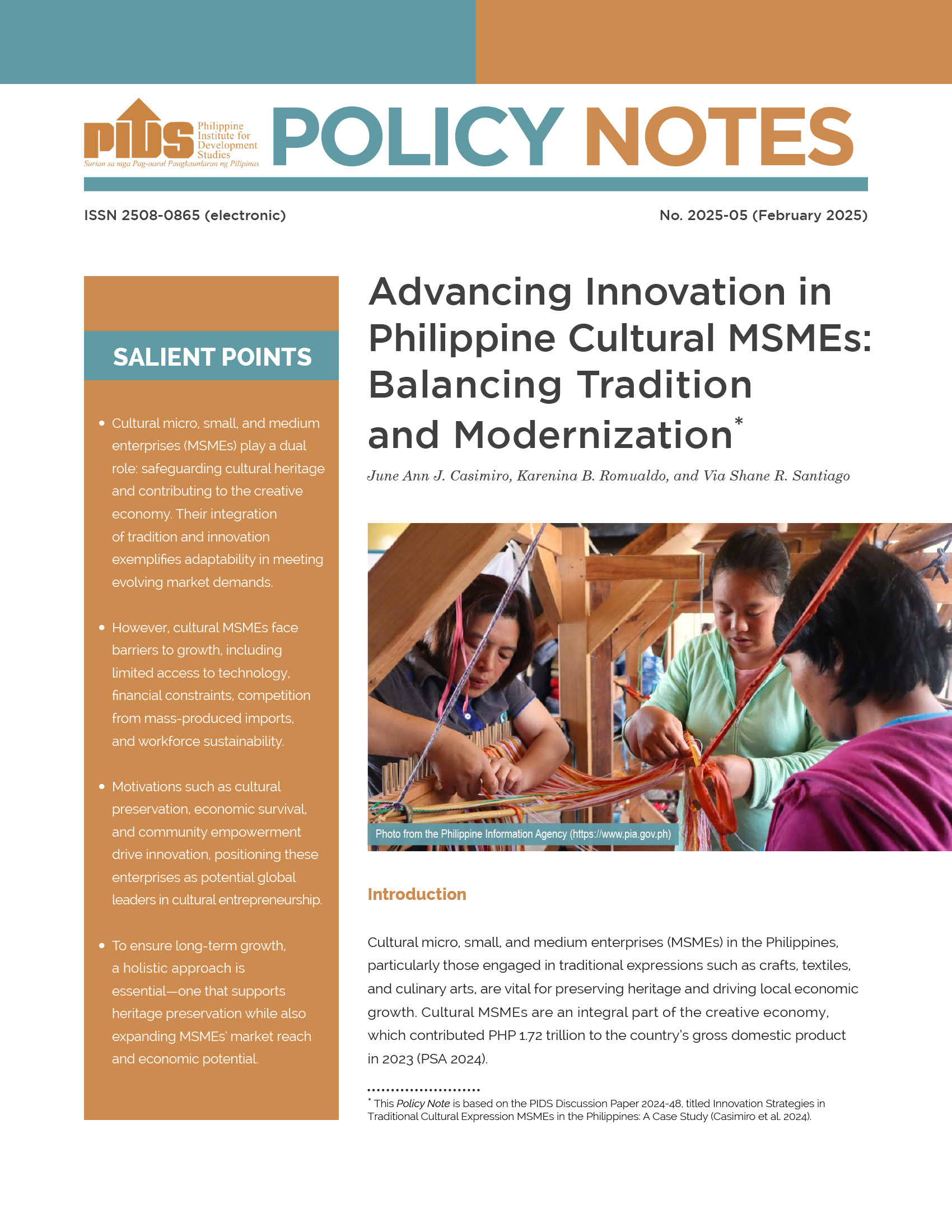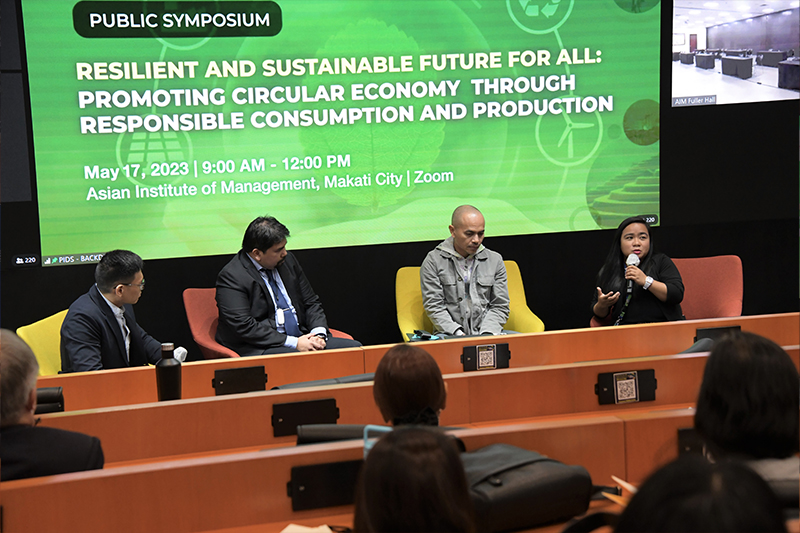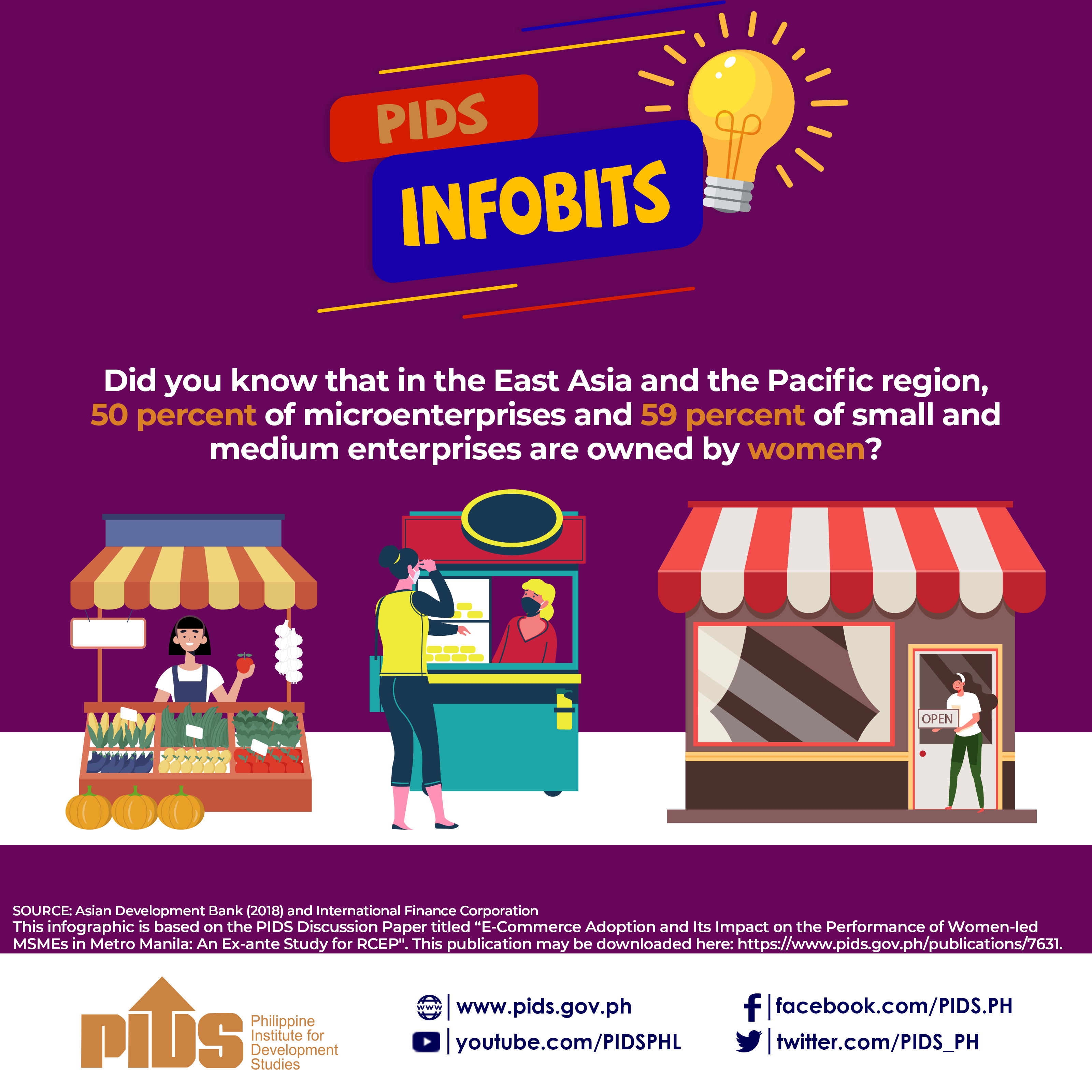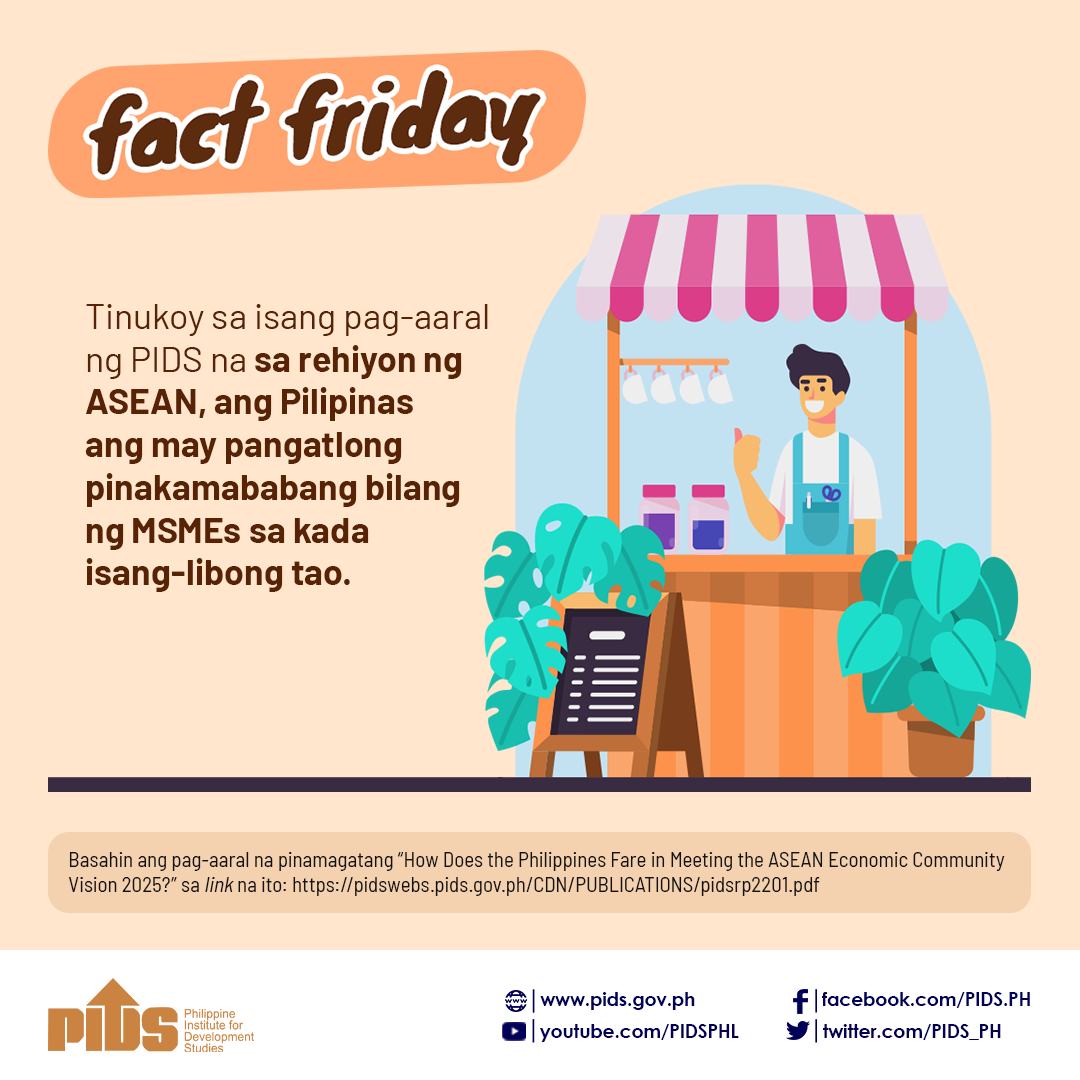It was an unprecedented move for President Ferdinand R. Marcos Jr. On the 42nd Summit of the Association of Southeast Asian Nations (ASEAN), he pushed for recognition and support for nano-businesses that have been "unrecognized but are impacting on the everyday lives of the people." To quote the President: "These nano-businesses are also described as ‘solopreneurs’ and they are home-based businesses, among whom are make-up artists, vulcanizers, independent dispatch riders, vendors, repairers, and market women and men in the various open markets."
The President is right when he says that hime-based businesses play an important but often unrecognized role in ASEAN countries. The nano businesses are what you regularly see in every neighborhood and on the streets. These are the yosi boys, vendors on side streets and footbridges and balut vendors, among others. These also include the ambulant vendors, who are often chased by personnel of local government units and personnel of the Metro Manila Development Authority (MMDA). With PBBM’s pronouncement, does it mean they will no longer be chased and their goods will no longer be confiscated?
It is to PBBM’s credit that nano businesses are taking the limelight. For so long, this economic group has been neglected and, often, mistreated. While their contributions do not reflect in the macro-economic data of our national economists, it is unmistakable that millions of families are making both ends meet due to their economic activities.
Nano businesses involve their family members in their business operations. Take the case of street vendors. They are often assisted by family members, including their schoolchildren. There were viral posts where children of vendors were seen studying on lampposts or beside the vending cart, doing their assignments. There were also children manning the cart while their parents were nowhere to be seen. And still, there are numerous stories of street vendors who were able to raise professional children by selling on the street.
Nano businesses are way below the microenterprise category. According to Social Enterprise Development Partnerships, Inc. (SEDPI), which coined the term nano-preneurs, these are self-employed individuals with a capitalization of less than PHP50,000. It estimates that there are 8 million nano-preneurs in the country, far outnumbering MSMEs.
To sustain their operations, the nano-entrepreneurs are compelled to take out loans, mostly from usurers, on a 5-6 arrangement. Their income is mostly spent on everyday family needs, which is why they cannot save enough capital.
The nano businesses, or "solo-preneurs," are part of the underground economy. In 2015, the World Bank estimated that 40 percent of the Philippine economy is underground, meaning that business activities are unrecorded and not taxed by the government. The figure may have increased considerably, especially during the pandemic when a lot of Filipinos were forced to take odd jobs to survive. In fact, street vendors proliferated, especially on sidewalks or side streets, where all sorts of goods were sold, such as vegetables, food, used clothing and assorted wares, among others.
In 2018, the Philippine Institute for Development Studies (PIDS) noted that of the 40.7 million employed, only 7.7 million are in the formal sector and 33 million are in the informal sector. According to the PIDS, the informal sector, also known as the underground economy, is the "diversified set of economic activities, enterprises, jobs, and workers that are not regulated or protected by the state." This means that workers in the informal sector do not have security of tenure, social security, or membership in Pag-IBIG and PhilHealth, which are mandatory benefits for workers in the formal sector.
We have yet to see how PBBM’s pronouncement on nano- businesses is concretely translated into the country’s policies. The Mindanao Development Authority (MinDA) has already expressed its support for the call of the President, with its chair stating that "government institutions and private sector groups need to identify them and provide sustainable support they would need to be mainstreamed in our larger economy." Go Negosyo founder Joey Concepcion also expressed support, citing that many microentrepreneurs started out as nano-entrepreneurs.
The National Economic and Protectionism Association (NEPA) is supportive of PBBM’s desire to recognize nano businesses. We are cognizant of the situation of nano-businesses since NEPA has been promoting nationalist development and the upliftment of Filipino businesses through the patronage of Filipino-made products and services. It is NEPA’s view that nano-businesses are composed of people who want to survive life’s day-to-day struggle by engaging in a business and should be supported.
Unfortunately, we have yet to hear from our legislative leaders on their concrete action regarding the President’s pronouncement. Surely, we need legislative measures to ensure the sustainability of the President’s support for nano businesses. One of the more important measures is to address the nano businesses’ need for capital so as not to engage in usurious lending.
Even without legislative measures, perhaps nano businesses can be organized to form cooperatives or encouraged to become members of cooperatives where they can get loans at a minimal interest rate. There are cooperatives that extend loans to members at a 2 percent interest rate per month, or 24 percent per annum. This is better than the 20 percent interest rate they get from informal credit lines or usurers.
In my association with market vendors, I can see their entrepreneurial spirits in their desire to support their families, especially the schooling of their children. Just like other business owners, they too spend much time on their business and trying to keep it afloat. The only difference is that they need their business to survive every day. It’s about time the government provide them with the necessary assistance. PBBM has awakened the government’s sensibilities to the plight of nano businesses. We should not let it pass.









